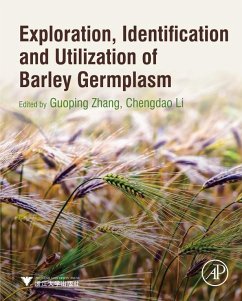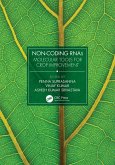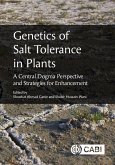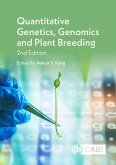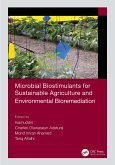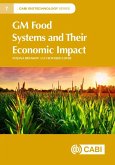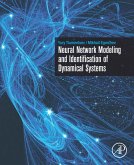The book covers the utilization of barley germplasm for improving the quality of both food and feed barley as well as exploring and utilizing varieties of germplasm that are tolerant to drought, waterlogged, salt, and acid soil. Chapters are devoted to prime strategies for future research, including identifying barley germplasm by applying Omics, exploring barley germplasm by means of the Focused Identification of Germplasm Strategy (FIGS), and creating barley germplasm through mutation.
Users will find this book to be a key research reference for both professionals and academics, providing a comprehensive update for established barley researchers that equips them with an understanding of the new methodologies needed for innovation and discovery, while also providing a helpful entry to the subject for young researchers and students.
- Provides a one-stop shop to acquire a speedy overview of the main and recently applied issues of barley breeding
- Provides newly-developed methodologies in barley germplasm research
- Describes special genotypes from wild barley, including Tibetan wild barley, which show a high tolerance to abiotic stresses and carry different alleles from cultivated barley
Dieser Download kann aus rechtlichen Gründen nur mit Rechnungsadresse in A, B, BG, CY, CZ, D, DK, EW, E, FIN, F, GR, HR, H, IRL, I, LT, L, LR, M, NL, PL, P, R, S, SLO, SK ausgeliefert werden.
Hinweis: Dieser Artikel kann nur an eine deutsche Lieferadresse ausgeliefert werden.

